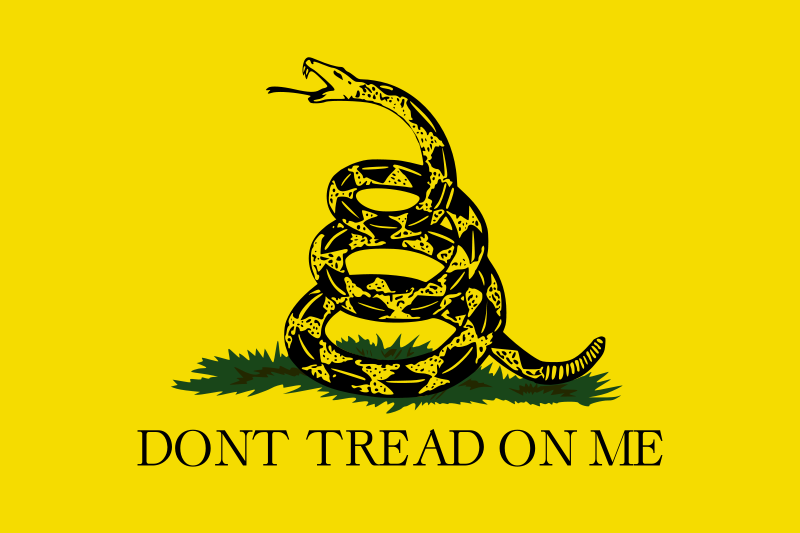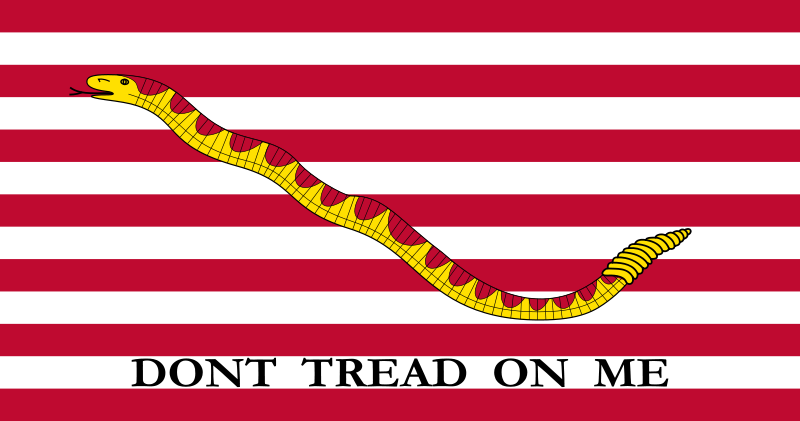I'm new to the site. I stumbled across this forum question, because as a British ESOL Tutor, living in the USA for the past 25 years, my lesson for my students tonight is about "contractions"! I, from my own personal experience have observed and noted, that the spoken contraction (don't) is definitely 'spoken' less frequently, by all and sundry, around Palm Beach County where I reside. In fact, as a Brit, I treasure be a proud and frequent speaker of contractions, especially (don't!) but my oldest teenage son and his teenage buddies rarely speak this contraction. They, in fact, to my observant ear, only say "do not"! I'm constantly admonishing my son for not saying "don't!", instead choosing his wording in a similar vein to his fellow teens. I will, however, bring to your attention, that my son likes to text IDK, in place of "I don't know". Which then makes me in turn chuckle, because of his infrequent use of the contraction "don't". I need to draw to his attention his acronym doesn't make sense unless he actually uses the contraction "don't" in his conversation, because his acronym should instead read IDNK (I do not know)!


